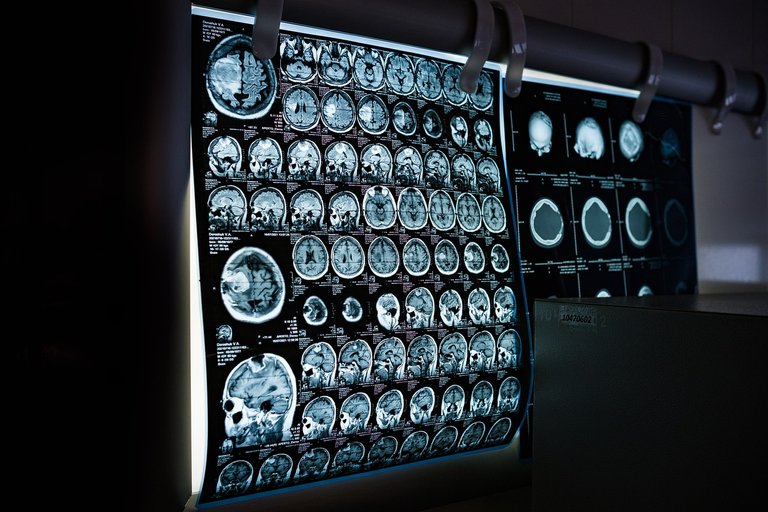Cerebrovascular Accident (Stroke) - Medical Case Study Analysis and Deductions
A Case Study
NAME: Xx Xx
AGE: 72 years old
Neurology Clinic

Image by Dmitriy Gutarev from Pixabay
Let analyse this History and see what we can deduce from relevant statements A 72 years old man (This age on it own is a risk factor for a lot of diseases, both neurological and musculoskeletal) retired production manager. He was in his usual state of health until 1 day ago when he was unable to move the left upper limb, which was sudden in onset, with associated slurred speech and facial deviation to the left, he was going to bed when symptoms started. Clinical Deduction from the above statement : Most lilkely this a case of a stroke that has affected the right side of the brain. Dont forget that the right side of the brain controls the left side of the body and vice versa. Hence his left upperlimb was affected and he couldnt lift thtem up Now the question is, is this stroke ischaemic or haemorraghic ? Lets go on There was no history of head injury, no history of loss of consciousness, no history of headaches (this is a sign it wasnt haemorraghic but ischaemic. Haemarraghic stroke most times leads to fainting or an initial loss of consciousness ), no history of vision loss, seizures or projectile vomiting. However there was Positive history of falls 3 weeks ago in which he sustained a subcapital femoral fracture and had total hip replacement surgery done few days after (Deduction: This giving us an insight on the fact that the surgery he did must have caused a thrombus which is a dislodged clot that must have led to a blockage of a vessel in the brain causing a brain infarction. Note this is a possibility). There is also associated myoclonic jerk lasting 1-2 minute (Deduction: Sign of a brain or simply neurological affectation not musculo-skeletal). Now look at this Image by Gerd Altmann from Pixabay
He was diagnosed of hypertension (High blood pressure) about 10 years ago He also being treated for Parkinson’s disease (He already has a neurological problem going on, making it actually worse) which was diagnosed 10 years ago. He is currently on Sinemet (A common drug for treating Parkinson's disease, Basically this is Levo-Dopa a drug that provides Dopamine by breaking down on ingestion) 250/25 mg He is also on follow up for cardiology (Deduction: If there is a suspected cardiopulmonary problem going on, this is necessary) He does not smoke or drink alcohol (Deduction : This is good for him becuase smoking and drinking of alcohol is a gateway to a lot of disease) So apparently this man has lost optimal functionality of his left uperlimb and of course his left lowerlimb is definitely compromised because he had a total hip replacement, parkinson's disease makes the reduced functionality worse as it causes slow movement, rigidity and exaggerated resting tremor. What this man will benefit from going forward is adequate physiotherapy, that after he has been stabilised . And of course sinemet (a medication for parkinson) will come into play here. what Lova-Dopa basicaly do is that it curbs, (it doesnt cure) the physical symptoms of parkinson's disease by making Dopamine available which is a biophysiological substance essential for optimal mobility. What do you think?
Lets continue the history to see if there is an insight to whether this stroke is ischaemic or haemorraghic
There is no previous history of stoke. (Deduction : A good thing because having a repeat stroke or more is bad)

(Deduction: Hypertension is a risk factor for stroke, that said, do well to check your blood pressure as regularly as possible. (Normal blood Pressure is 90-120/60-80 mmHg according to WHO ) and he is currently on Amlodipine (One of the commonly used drugs to control hypertension) 10mg daily and Vasoprin (For high blood pressure also) 75mg daily.
Thanks for your contribution to the STEMsocial community. Feel free to join us on discord to get to know the rest of us!
Please consider delegating to the @stemsocial account (85% of the curation rewards are returned).
You may also include @stemsocial as a beneficiary of the rewards of this post to get a stronger support.